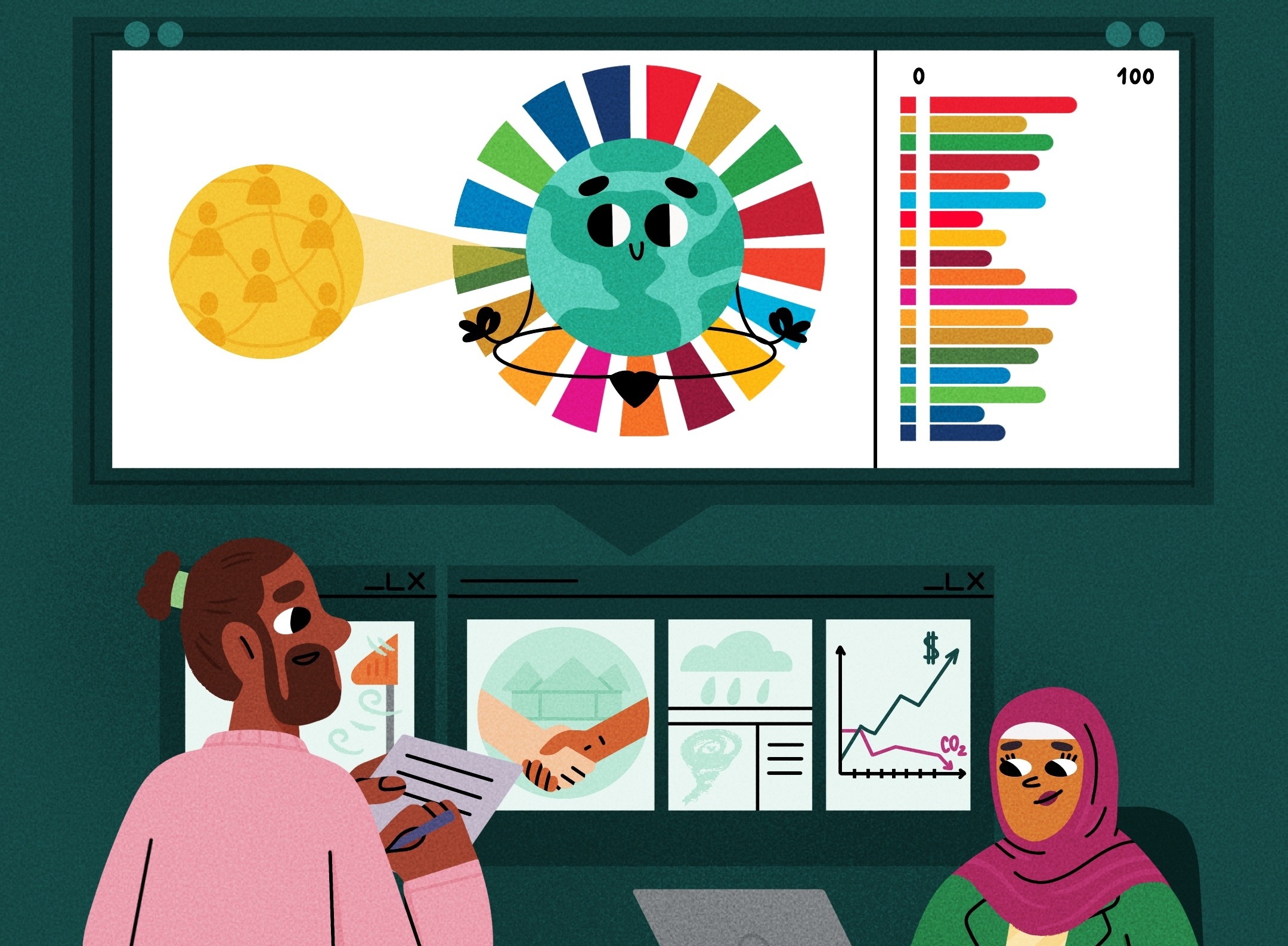New resource to promote scientific literacy for sustainable development

KAUST, in partnership with the United Nations Development Programme (UNDP) office in Saudi Arabia and Frontiers for Young Minds, has announced the launch of a new educational initiative designed to enhance scientific and sustainability literacy for children and underscore the critical role of science in achieving the Sustainable Development Goals (SDGs).
"The SDG Collection: How Science Can Help Us To Achieve The Sustainable Development Goals" will comprise a series of articles about each of the 17 SDGs, and will be hosted in the open-access youth journal Frontiers for Young Minds. This endeavor builds on KAUST's prior engagements with the journal, including other collections and the sponsorship of the journal's Arabic translation, making complex scientific concepts accessible and engaging for Arabic-speaking children worldwide. The project aligns with Saudi Arabia's Vision 2030, emphasizing the role of sustainability-driven research in catalyzing social and economic progress, thereby inspiring future generations toward sustainable development.
"This collaboration reflects KAUST's commitment to leveraging science and education to address global challenges," said Dr. Ana Margarida Costa, Professor of Practice of Sustainability and Head of Sustainability at KAUST. "Through The SDG Collection, we are not just informing but inspiring young minds to take action for a sustainable world."
The Collection, edited by KAUST experts, will feature contributions from KAUST's diverse pool of researchers and will leverage an in-person, interactive, peer-review process involving students from local schools, including The KAUST School (TKS).
“This is an exciting program for young school students in the Kingdom, who can get involved with reviewing research papers authored by KAUST researchers, and is a great example of KAUST’s commitment to youth empowerment and education”, added Nicki Talbot, Director of KAUST Enrichment for Youth, currently leading the engagement with TKS.
The addition of new audiovisual resources, such as student-led author interviews, aims to further bridge the gap between researchers and children. Moreover, the initiative’s translation into Arabic will enhance its accessibility, ensuring that children across the Kingdom and the Arab Region can fully benefit from this educational resource set to raise awareness about the global sustainable development agenda.

